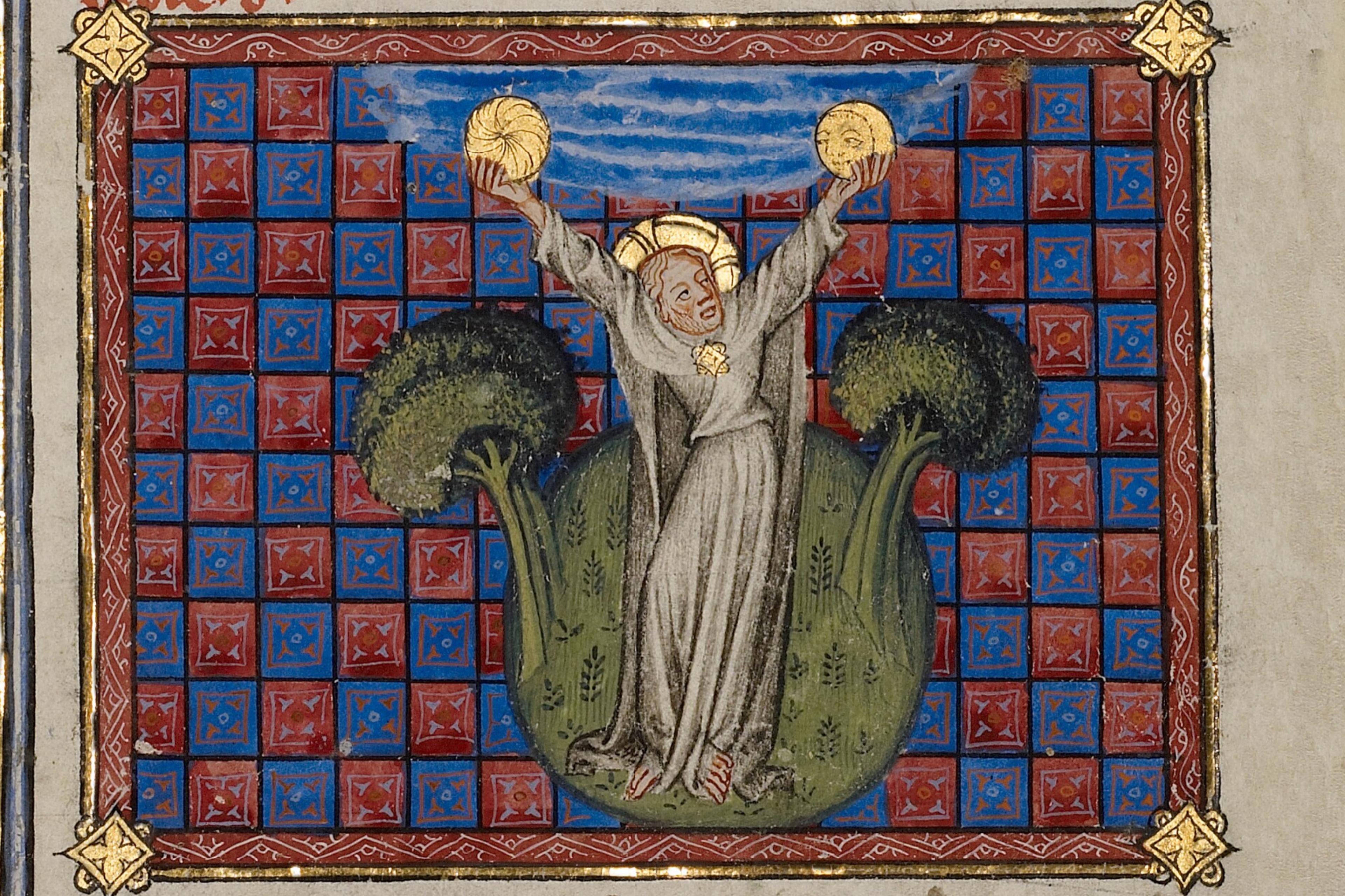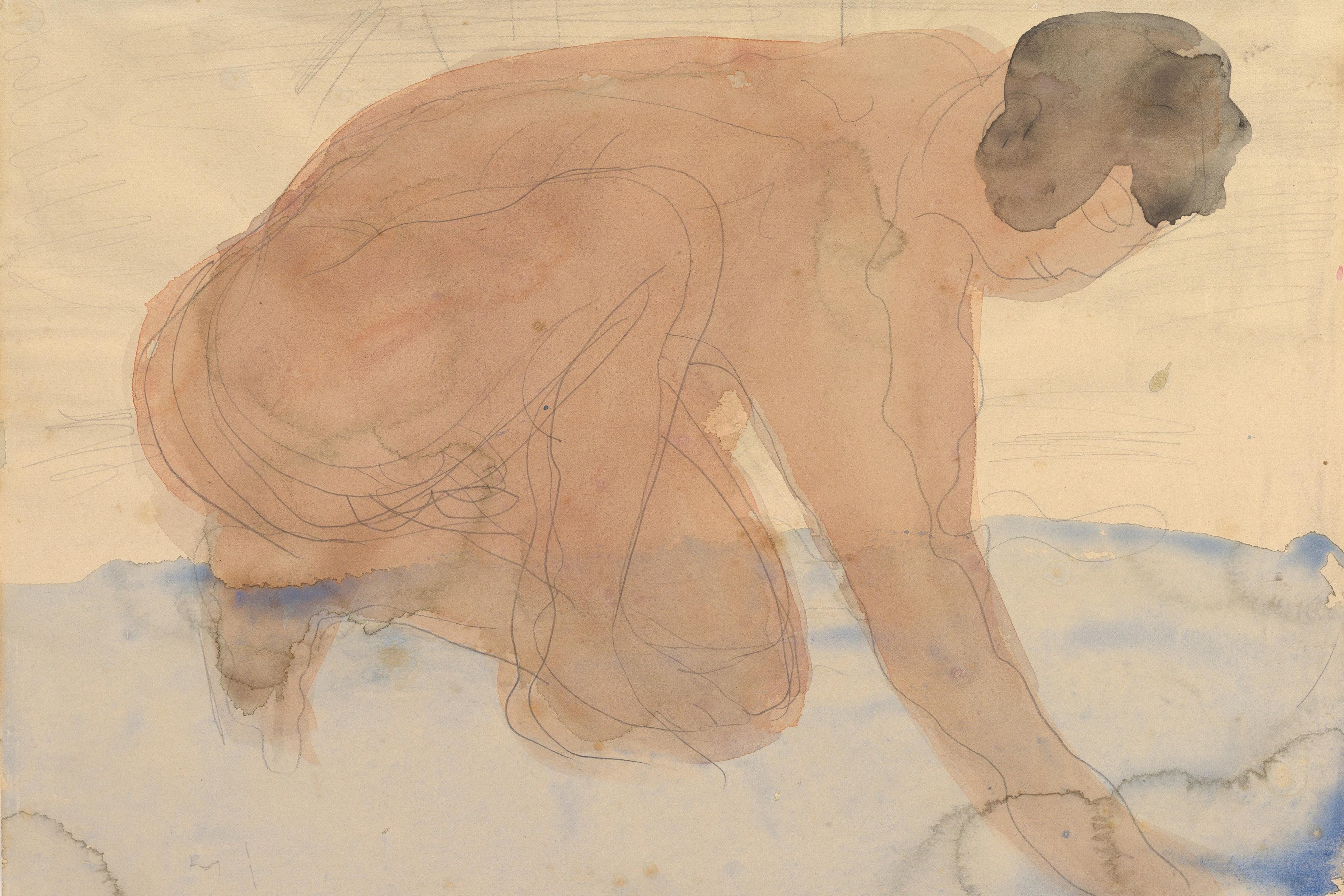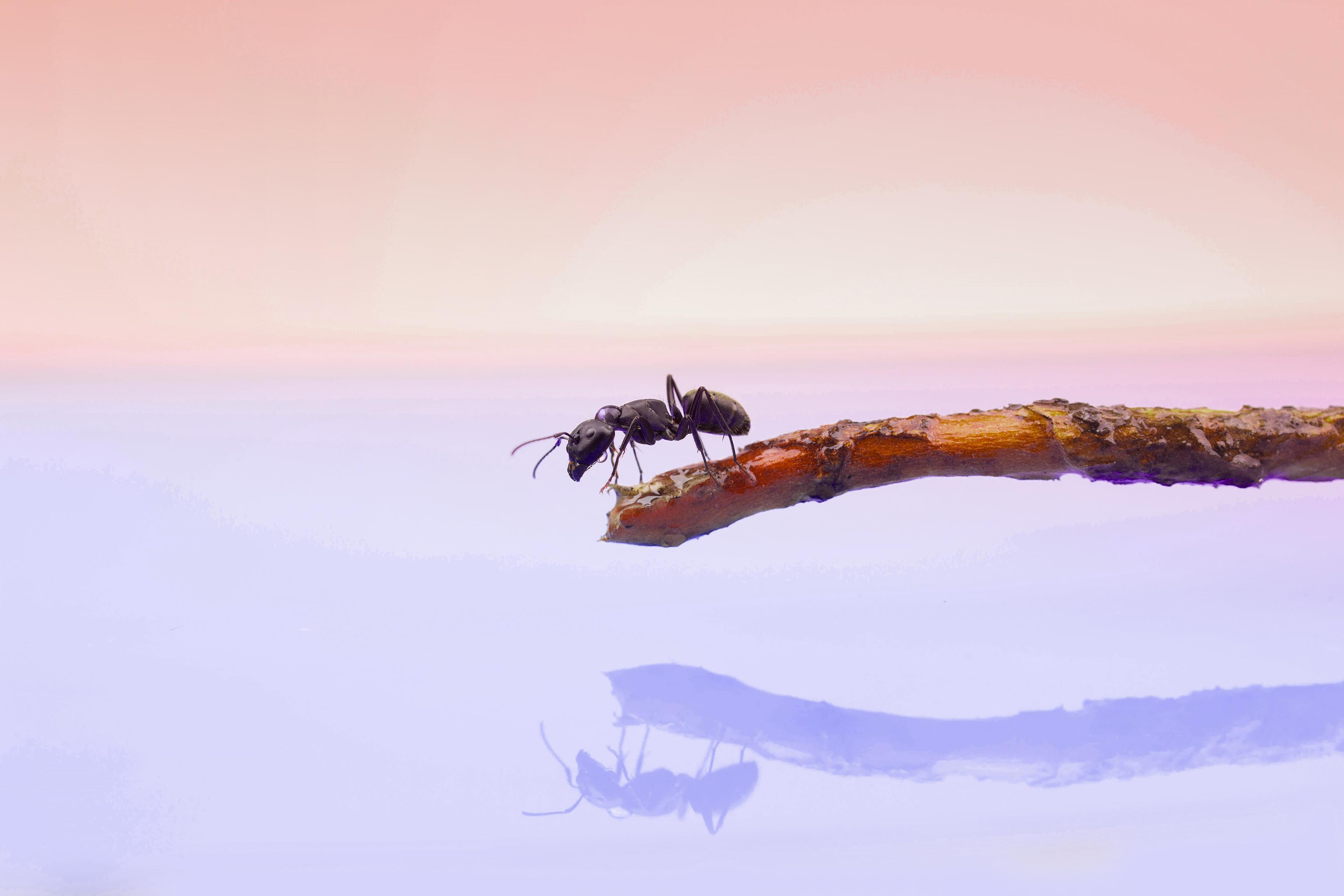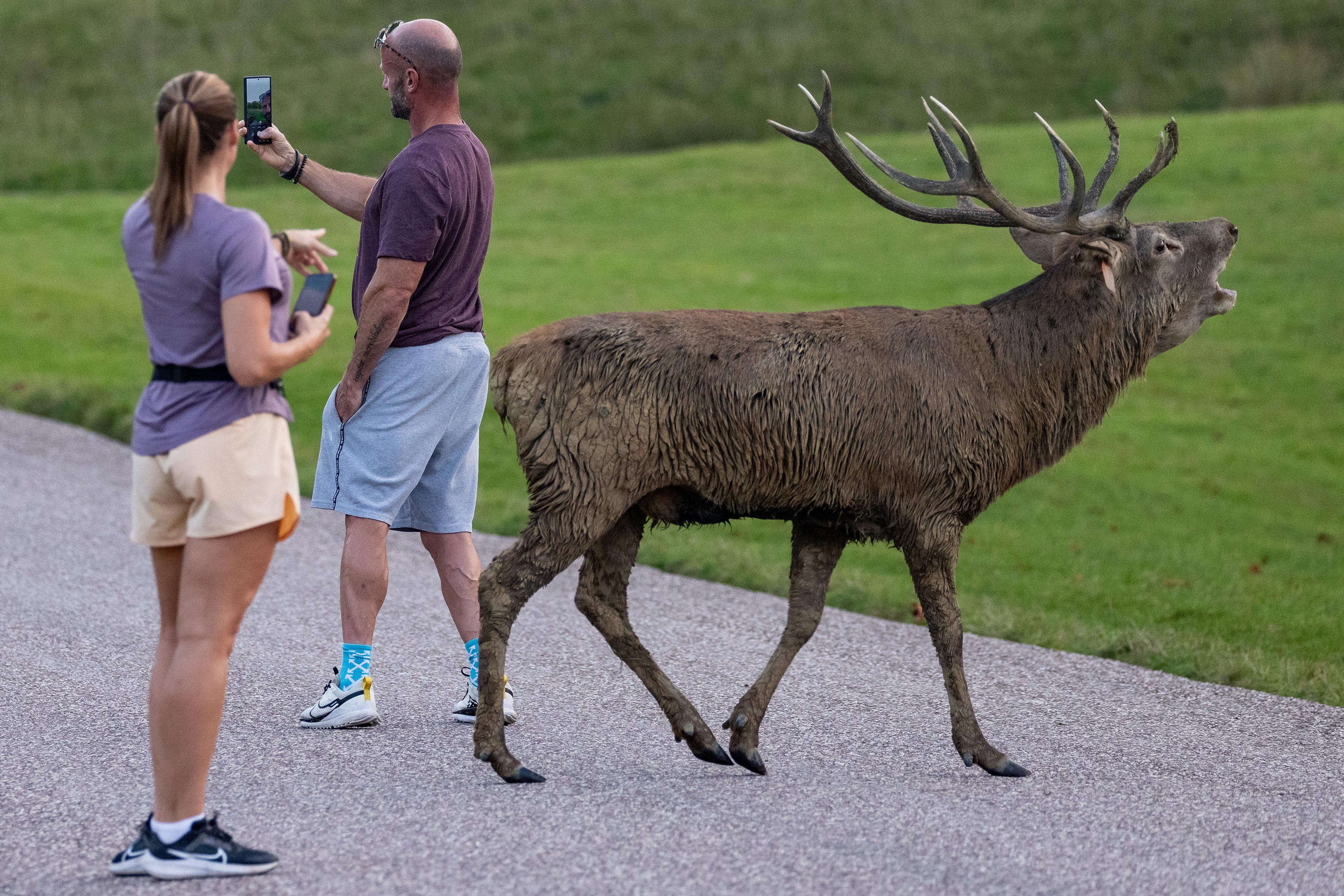Nigel Warburton
Consultant Editor and Interviewer, Aeon+Psyche
Nigel is a writer, philosopher and podcaster. He is interviewer for the popular Philosophy Bites podcast. His books include A Little History of Philosophy, The Art Question and Free Speech: A Very Short Introduction. Nigel is on Twitter @philosophybites.
Written by Nigel Warburton

essayArt
Moments of depth
Stuart Franklin has photographed conflict, nature and people. He discusses what makes a memorable image
Stuart Franklin & Nigel Warburton

ideaWellbeing
Is philosophy therapy, or is it simply a search for truth?
Nigel Warburton & Jules Evans

essayHistory of ideas
Talk with me
Philosophy should be conversation, not dogma – face-to-face talk about our place in the cosmos and how we should live
Nigel Warburton

essayCosmopolitanism
Cosmopolitans
It’s not just me, you and everyone we know. Citizens of the world have moral obligations to a wider circle of humanity
Nigel Warburton
Edited by Nigel Warburton

essayComparative philosophy
Between being and emptiness
In Japanese philosophy, unlike the atomised Western self, we are ‘ningen’ (人間), each enmeshed with other humans and nature
Takeshi Morisato

essayHistory of ideas
The shape of time
In the 19th century, the linear idea of time became dominant, forever changing how those in the West experience the world
Emily Thomas

essayMedicine
Are doctors replaceable?
Medical error kills hundreds of thousands yearly. If AI is sophisticated enough to help, doctors must not stand in the way
Charlotte Blease

essayPhilosophy of religion
Undefinable yet indispensable
Despite centuries of trying, the term ‘religion’ has proven impossible to define. Then why does it remain so necessary?
Kwame Anthony Appiah

essayPolitical philosophy
The empty ideology
Liberalism hasn’t delivered on its promises in Africa. The alternative will be found in ideas rooted in Africa’s own soil
Gabriel Asuquo

essayArt
Medieval moons
Some saw the Moon as representing creation, yearning for the Divine, some saw the Moon as almost Divine herself
Ayoush Lazikani

essayMusic
The guitarist’s palette
In the hands of a great musician, the gloriously simple guitar can create the most complex works of art. Here’s how
Craig Ogden

essayPhilosophy of mind
From cells to selves
Contemplating the world requires a body, and a body requires an immune system: the rungs of life create the stuff of thought
Anna Ciaunica

essayBioethics
The ant you can save
Should we simply assume that all animals can feel pain and are of moral concern? Or is that taking things too far?
Jeff Sebo & Andreas L Mogensen

essaySleep and dreams
What sleep is
It is our biggest blind spot, a bizarre experience that befalls us every day, and can’t be explained by our need for rest
Vladyslav Vyazovskiy

essayTechnology and the self
Record everything!
Our memories are precious to us and constitute our sense of self. Why not enhance them by recording all of your life?
Yannic Kappes

essayArt
In the glow of the candle
Joseph Wright of Derby put science at the centre of his art. Eclipsed in his lifetime, his work still burns with radical ideas
Charlotte Mullins